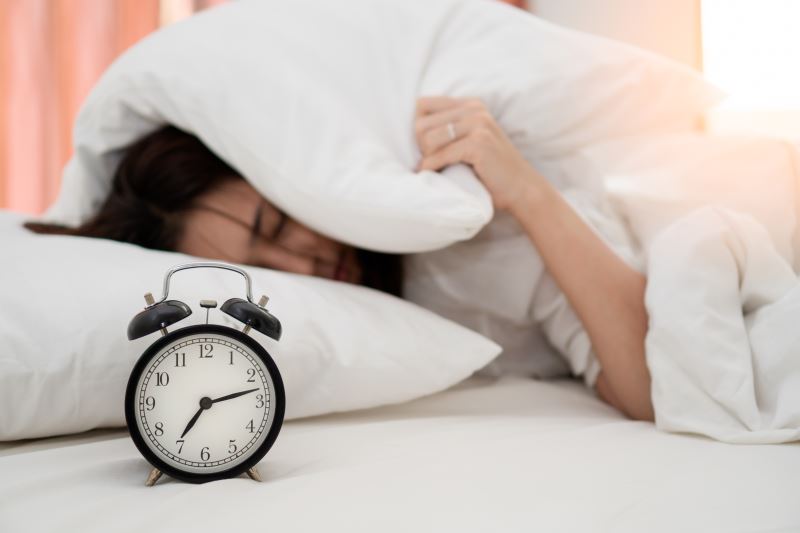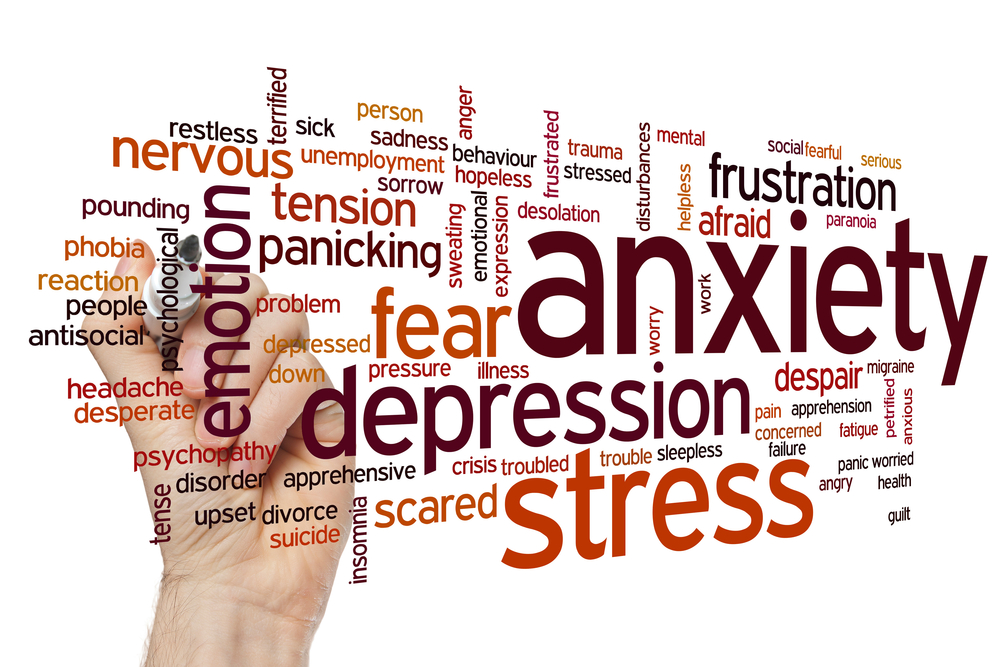Are You Aware Of The Consequences Of Not Exercising At All?

Did you know that most Indians are inactive and less than 10% actually engage in any kind of physical activity? As per a study by ICMR-INDIAB, this is one of the main causes of the twin epidemics of diabetes and obesity in India. If you want to change your life and lead a healthier and fitter lifestyle, it all begins with exercising regularly.
One of the most common reasons we state for not exercising is that we’re busy and don’t have the time. However, people tend to find time for things that matter in life and if you knew the consequences of not exercising at all, you’ll probably want to spend more time exercising and investing in your health.
What really happens when you don’t exercise?
You crave unhealthy food
People who exercise regularly tend to eat healthy diets. They crave healthy food as a result of the transfer effect. So when you learn new skills or improve one area of your life, you automatically trigger a desire to improve the other aspects of your life too. On the contrary, people who fall off the exercise wagon crave poor nutrition and highly delicious foods like potato chips. Plus, it’s easier to eat an entire bag of chips sitting in front of the TV and binge-watching your favourite show than it is to eat while you’re at the gym or swimming in the pool.
You don’t sleep properly
Have you been tossing and turning all night and yet feel like you haven’t burnt all your restless energy? Many Indians are suffering from sleep problems and if you haven’t been sleeping well, you need to start exercising regularly. Regular exercise can increase your sleep time and help you feel more rested all through the day. If you have never exercised and you’re suffering from insomnia, it may be time to put on your sports shoes and step out of the house for some exercise.
Your metabolism rate decreases
Even if your metabolism is great right now, it will naturally slow down as you age. The best way to offset this change in metabolism is to exercise regularly and get cardiovascular and resistance training as much as you can. As per a research, exercise can help in increasing your Resting Metabolic Rate (RMR), which is the metabolic function when you’re not exercising or active. Conversely, when you don’t exercise, the under-used muscles in your body tend to shrink and the fat percentage in your body increases.
You get tired easily
Do you feel out of breath when you climb a flight of stairs at work or carry bags of groceries for a few extra feet? Exercising regularly can help in improving your cardiovascular health and lung health which boosts your functional capabilities and reduces breathlessness. When you exercise, your body becomes more efficient in taking in and absorbing oxygen, especially if it is fatigued. If you don’t exercise, your body will be under strain and won’t be able to use the oxygen efficiently, thus making you feel short of air. It is also extremely important to get oxygen to our brain and other vital organs. If you’re feeling light headed when you can’t catch your breath, it’s a red flag to start exercising immediately.
Your chances of injuries increase
When you don’t exercise, your muscles tend to become deconditioned. So if you’re leading a sedentary lifestyle, it can cause the reversal of gains in your flexibility, strength or mobility. Due to this, you might be prone to injuries more often. If you try to pick up something heavy and sprain your neck or back in the process, it may be a result of deconditioning. Muscle deconditioning can also cause chronic lower back pain. If you’re noticing too much stiffness and aches when you wake up in the morning, it may be time to start exercising.
You’re more stressed and depressed
Have you heard your friends talking about going to the gym to blow off some steam? They aren’t completely off base! Most of us experience stress daily in our lifestyles and it can lead to higher blood pressure and heart diseases too if not tackled in time. Regular exercise can help in reducing psychological stress. Just spending 30-45 minutes on exercise can actually help your body deal with stress better. Regular exercise also significantly impacts your mood. Individuals with clinically diagnosed depression can notice a reduction in symptoms when they exercise regularly. Make sure you move regularly to enjoy a positive mood every day!
Many unexpected things can happen when you don’t exercise. Your bones can also get weaker and your lifespan might shorten. If you don’t want to witness these dangerous consequences of skipping exercise, it’s time to get up and get moving. Start small and try to make exercise a part of your lifestyle for long-term benefits for your mind, body and longevity.















